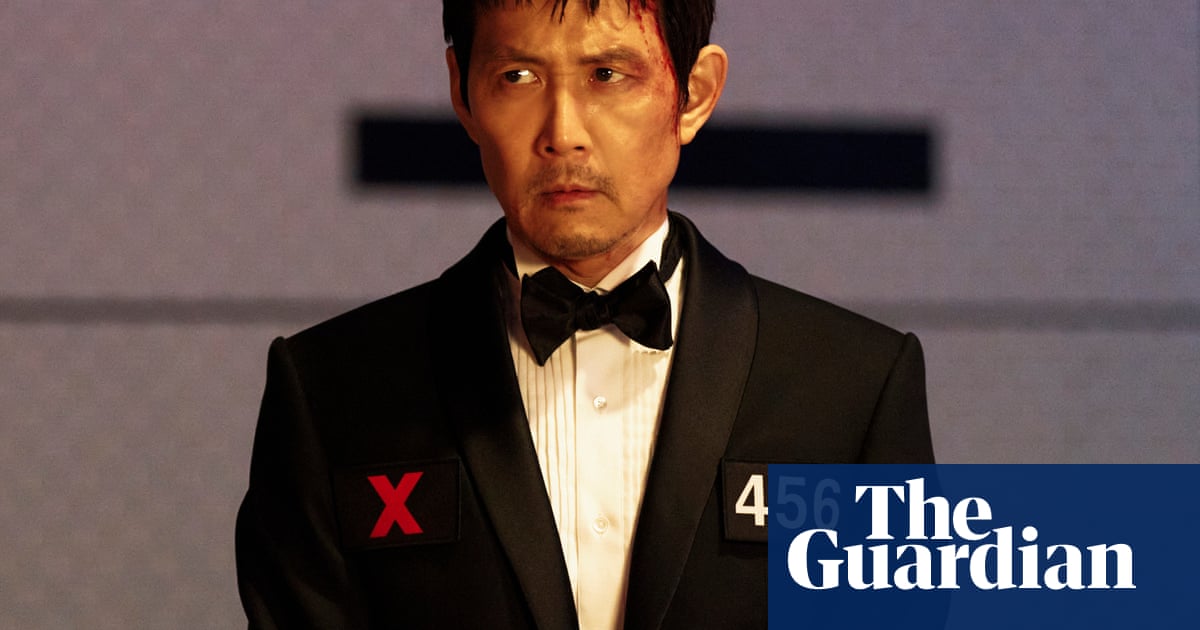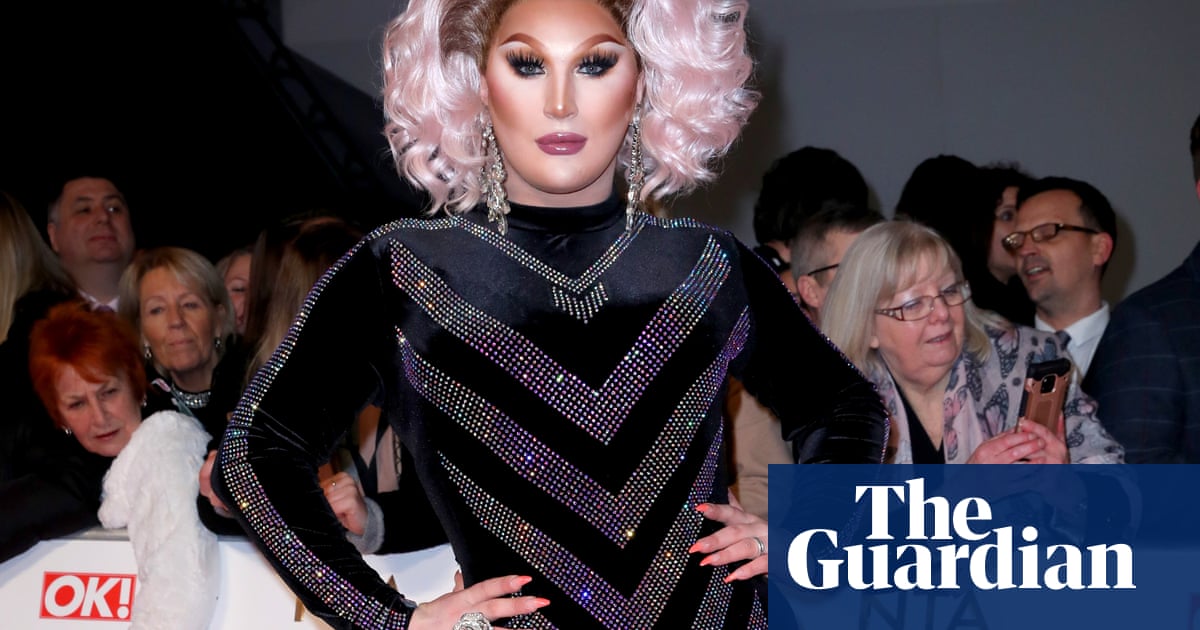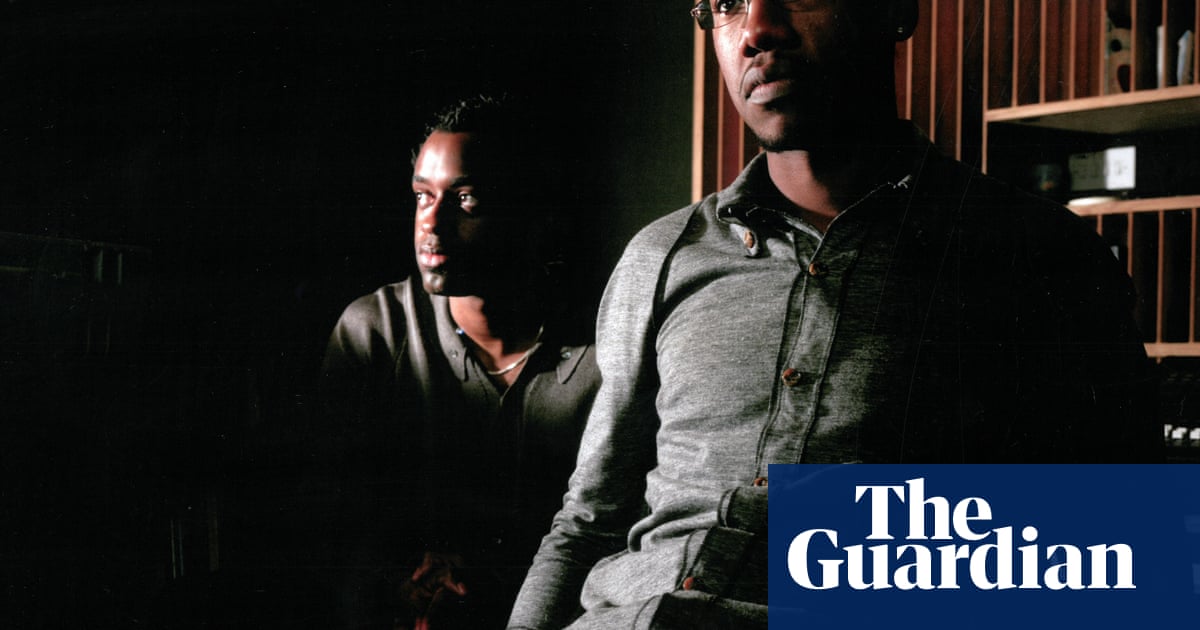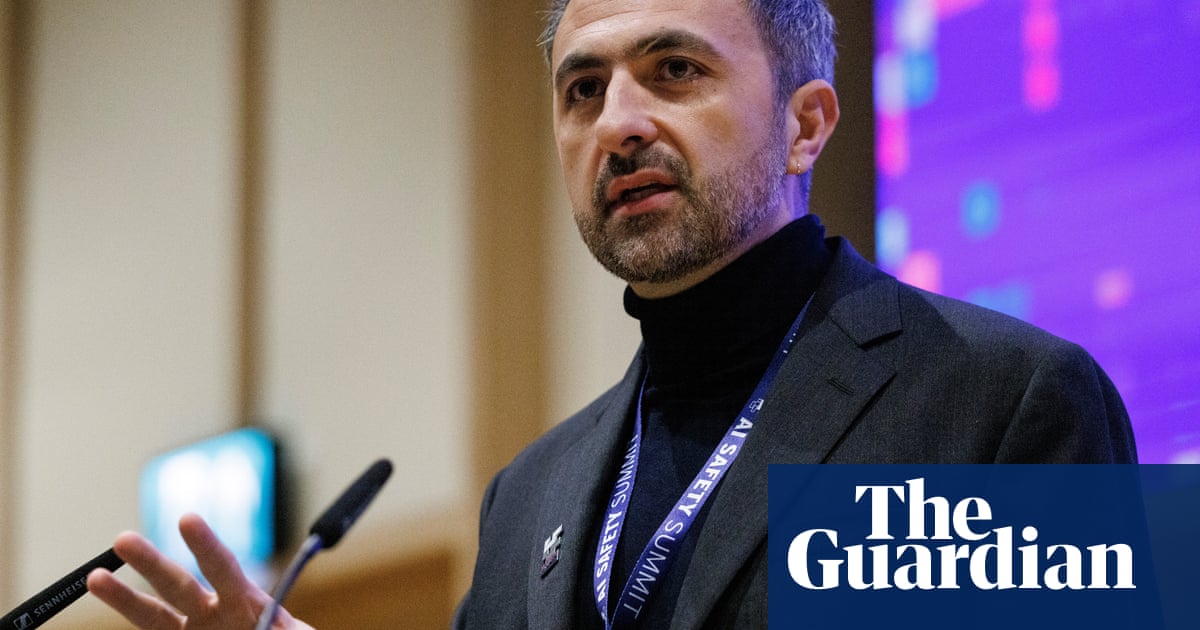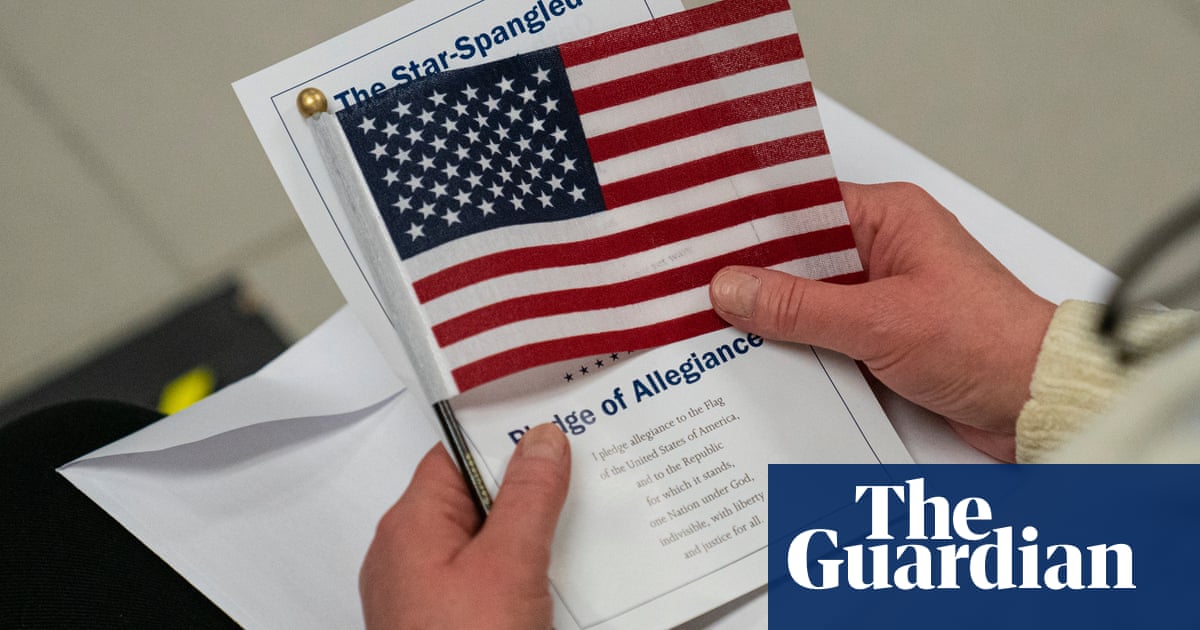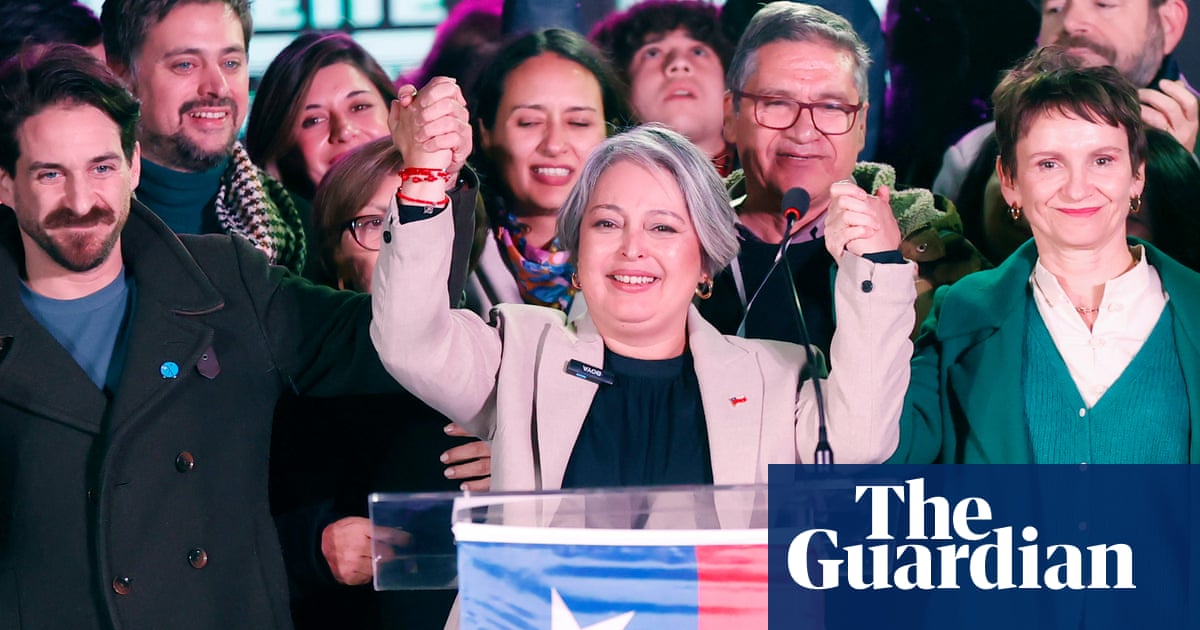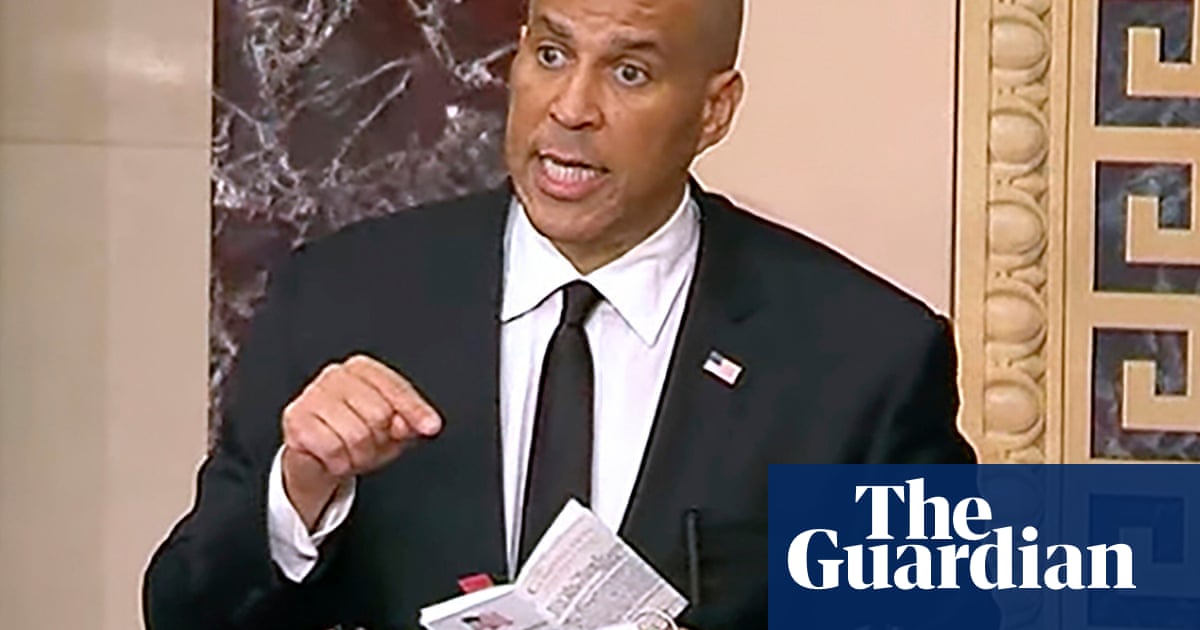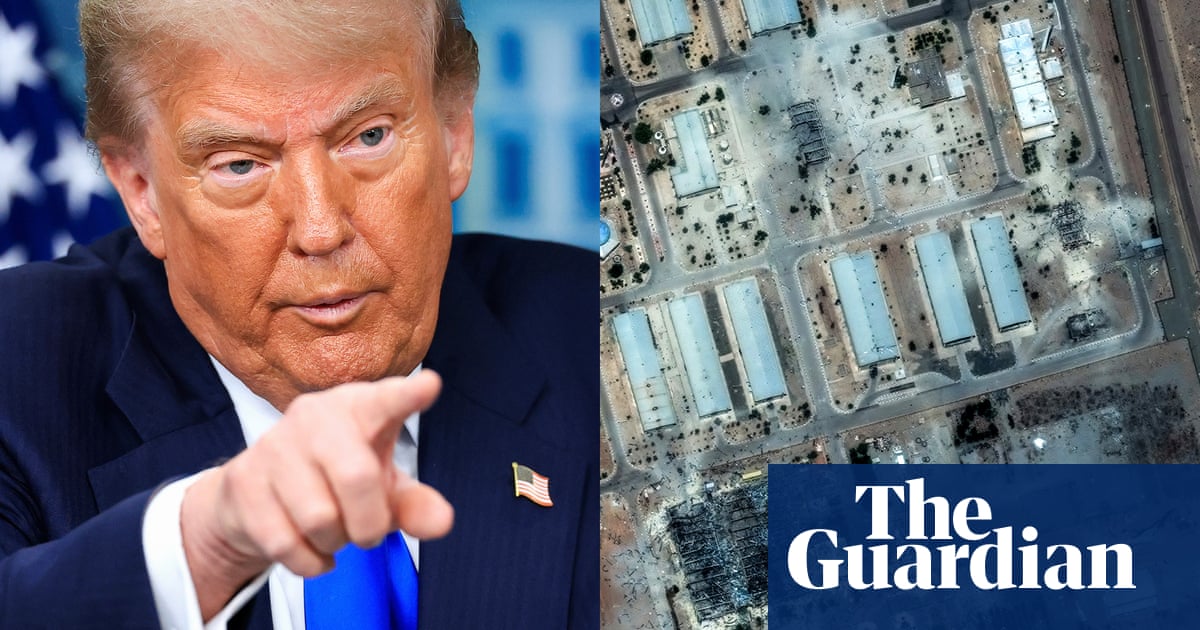The millennium is back – not just in fast fashion or TikTok remixes, but in the mood of American fiction. Think peak Chabon and Eugenides; the intellectual gymnastics of Helen DeWitt; the last profane and puckish gasp of Tom Robbins. That brief window – before 9/11, smartphones and the chokehold of autofiction – when the novel felt as playful as it did expansive: bold and baggy as wide-legged jeans. Joyce Carol Oates channelling Marilyn Monroe. Jonathan Franzen snubbing Oprah. You can feel that early-00s energy jostling through a new crop of American novels: Lucas Schaefer’s The Slip, Kaveh Akbar’s Martyr! and Maggie Shipstead’s Great Circle are top-shelf examples. They’re big in all kinds of wonderful, infuriating ways: antic, overstuffed and richly peopled.
While it’s less hyperactive than some of its book-fellows, Susan Choi’s Flashlight still has the wide-legged feel of turn-of-the-century fiction: domestically sprawling, geopolitically bold. Stretching from a strawberry farm in Indiana to the North Korean border, Choi’s sixth novel reckons with the lies that undo families and underpin empires.
Flashlight first appeared in the New Yorker as a short story – a standoff in a psychiatrist’s office. The novel opens here too. It is the late 1970s: 10-year-old Louisa has been dragged in for a consultation, and she’s not playing nice. She waits out the clock, evading, deflecting; a tight little knot of fury. “This room is full of tricks to get children to talk, but you’re too smart for them,” the doctor flatters her. “I’m too smart for compliments,” Louisa snaps back.
Louisa’s father has drowned, and her mother has turned into a strange new invalid. What the girl feels defies grief or sympathy. This isn’t mourning, it’s mutiny; and it will take more than some avuncular desk jockey to tame her. While the doctor is distracted, she steals an emergency flashlight from his office and smuggles it home – a low-stakes theft with high-voltage meaning. The night Louisa’s father disappeared into the water, he was holding a flashlight.
Portentous torches will appear throughout these pages (it’s not the subtlest of metaphors for a novel about absence and secrecy). There’s one at a seance, its battery case loosened to summon some otherworldly flickering. Another at an archaeological dig in Paris. This is a story told in brief illuminations, like a child spinning a torch in a dark bedroom. Slices of light; slices of life.
We begin with a flashback to Louisa’s parents, meeting them before they meet each other. Her father, Serk, an ethnic Korean raised in Japan, is a child of postwar limbo. Caught between two nations, and claimed by neither, he trades his borderland life for a blank American slate – or so he thinks (America has other ideas). Louisa’s father will be known by many names over the course of his life – Hiroshi, Seok, the Crab – but none of them will quite belong to him. Louisa will know him as Serk, an anglicised version of his Korean name.
Louisa’s mother, Anne, is an obstinate, spiky creature, allergic to expectation. Pregnant at 19, she gives birth to a child she’s not permitted to keep, and her adult life shapes itself around her son’s absence, like a house built around a locked room. Louisa will inherit her mother’s bone-deep stubbornness – twin contrarians.
They make an implacable, inscrutable pair, Serk and Anne; secret-keepers to the core, lonely apart and lonelier together (“Anne the odd white woman who had married the foreigner; Serk the odd foreigner who had married a white woman”). When Serk drowns, he leaves behind a silence so complete it swallows the past whole. And so Louisa is left with two absent parents: one right in front of her; the other near mythic. “The sum of things she knew about her father could fit inside the sum of things she’ll never know about him an infinite number of times,” Choi writes. “The things she knows are as meagre as a pair of backgammon dice rattling in their cup.” Flashlight is a study of absence – absence of narrative, of inheritance, of place, of affection. Who are you, it asks, when there’s no story to inherit, no history to claim? How might that void be filled, or inhabited or weaponised?
It’s a year for canon building, and as the best-of-the-century (so far) lists are tallied, Choi’s previous novel, 2019’s Trust Exercise, remains firmly on mine. It begins as a high-school drama, libidinous and gossipy, but midway through, Choi triggers a controlled implosion. From the wreckage, another story emerges: one about power, authorship and blame. Truth isn’t fixed, Choi shows us here – it’s framed. I love this novel’s confident chaos, its metafictional brio.
Flashlight delivers a comparable jolt – a truth-rattling rupture. We feel it building with a cruel inevitability, and when it arrives, it shifts the novel’s moral (and political) terrain. To spoil the reveal would be churlish. The question is whether the novel can withstand the shock. It can – just. Choi is one of contemporary literature’s great demolition artists, and her emotional foundations hold. She can build as well as she detonates. Choi gives her cast the room they need to live; to be more than vessels for political wrangling. The opening of Flashlight isn’t the only set piece that could stand alone – and tall – as a short story.
after newsletter promotion
Like the best of those early-00s novels, Flashlight is all kinds of big: capacious of intent and scope and language and swagger. Choi confronts a chapter of North Korean history that American fiction has barely touched. But there is something missing. That Y2K brand of irony – glib, evasive, laddish – is gone. Good riddance to it. It’s hard to be flippant when you know which way the arc of the universe really bends.

 10 hours ago
5
10 hours ago
5


